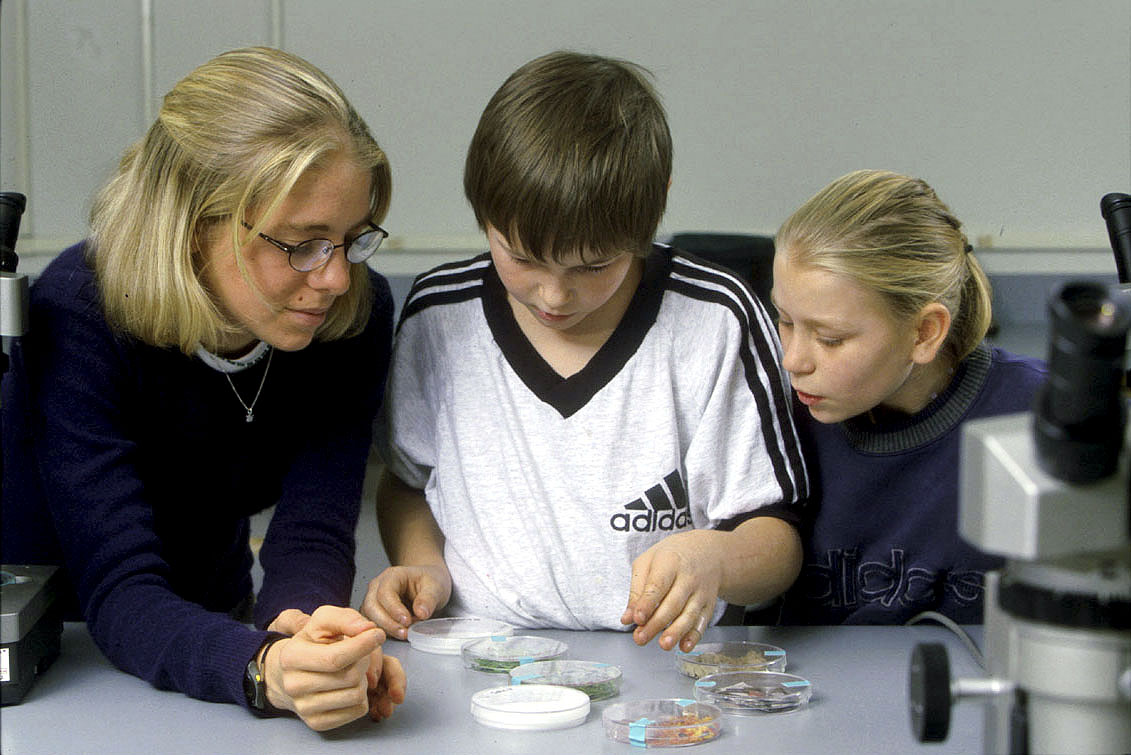
Waxman:
Waxman, H.C., Lin, M., & Michko, G. M. (2004) A meta-analysis of the effectiveness of teaching and learning, NCREL available online at http://www.ncrel.org/tech/effects2/waxman.pdf
A study of studies based on research from 1997 to 2003. At best, the technology and studies themselves are already 10 years old. Research for researchers. Statistics for statisticians and citations from those who like to be cited. The conclusion? “Encouraging.”
I am happy that the textbook for this course is readable and has practical examples that can be used immediately with little thought even though it is already 5 years old (35 in dog years and who knows how many in tech years) and that there are even more and better Web 2.0 apps and tools to accomplish many of the goals. The problem with studying technology is it’s ever changing nature. How about a study that could give us results in say... realtime?
Another problem of studying the effectiveness of technology on learning is the control group of the “have-not’s” or “didn’t use technology”. Can we morally use them as a control? Let’s just equip the have-not’s and train the teachers instead of spending and giving money to people who like to research for their PHD’s or maintain their tenure and plot standard deviations. Sometimes enough is enough. After all, we now already know that the results are encouraging.
(I understand that the research company, NCREL/Learning Point does lots of valuable research and provides useful information to the education industry. I just don’t want to read the methods and statistics. I want practical, useful information which they do in fact provide as well.)

Principles of Learning:
Principles of Teaching and Learning available online at http://www.cmu.edu/teaching/principles/index.html
Ahhh... Here we go. Somebody took all those effect percentiles and converted them into plain English. Thinking back, I was wondering where were all these practical snippets of information when I was doing my ed courses. reading all those books where you get interrupted 5 times a sentence by a citation. Maybe it took that long for someone to decipher the means and deviations.
Tools for our Textbook:
Creately is an on-line diagramming tool that has a slew of templates including an K-12 Education category that includes many of the document styles mentioned in our textbook; KWHL, Compare - Contrast and more. With the free version you can save a few things or use to print templates. Paid version with collaboration may get a bit pricey. Alternatively for collaboration you could download an image of a template you made and then use that as a background in a Goggle doc or presentation where students then add text and other stuff as needed.
